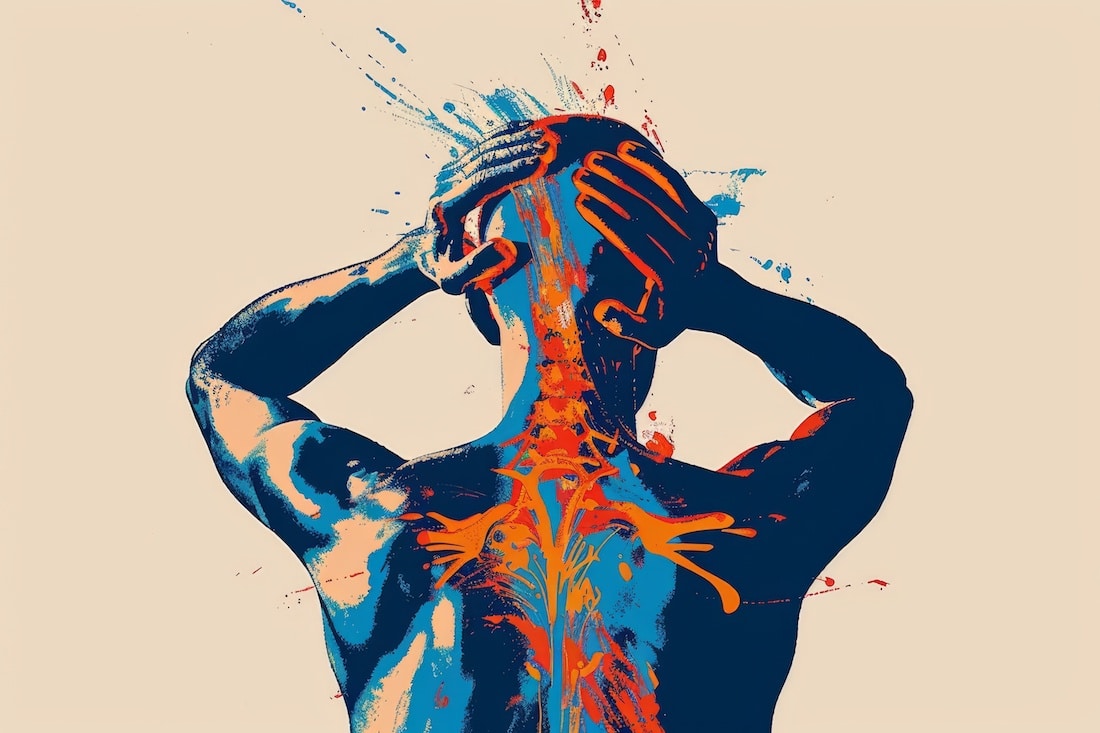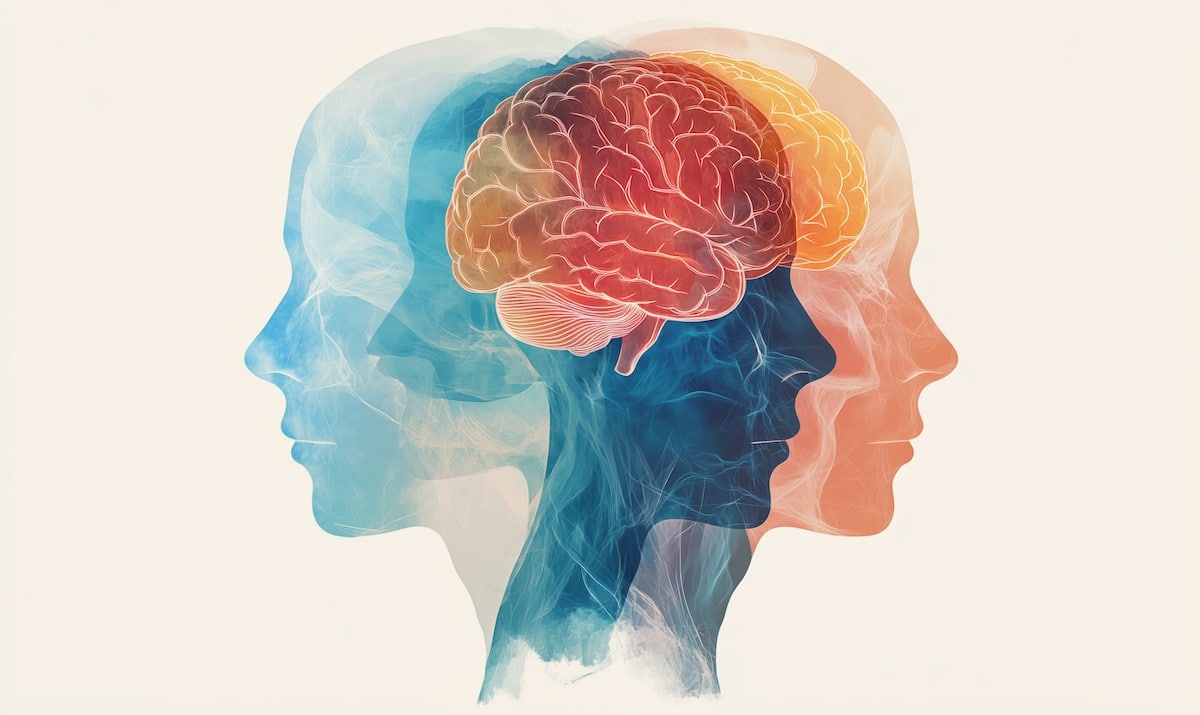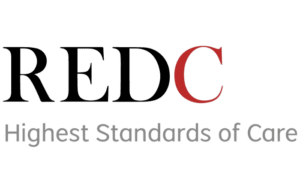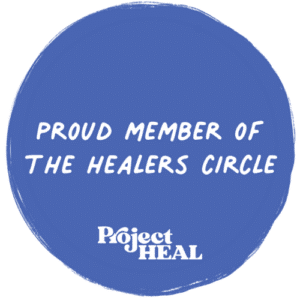Body dysmorphic disorder is a form of obsessive-compulsive disorder where individuals become excessively preoccupied with a perceived or minor flaw in their physical appearance.
Treatment for body dysmorphic disorders at Aster Springs
Body dysmorphic disorder (BDD) often co-occurs with eating disorders, making treatment more complex. At Aster Springs, our expert clinicians use a combination of evidence-based therapies to address both the symptoms and underlying causes, guiding individuals toward lasting recovery and improved self-esteem.
About body dysmorphic disorder
- While individuals with eating disorders often struggle with body image related to weight and shape, those with BDD experience intense preoccupation with specific features or perceived flaws, regardless of their actual appearance.
- People with BDD engage in obsessive thoughts and compulsive behaviors related to their perceived flaws, such as excessive mirror checking, seeking reassurance, or constantly comparing their appearance to others.
- Although eating disorders and BDD have distinct diagnostic criteria, they share many overlapping symptoms and frequently co-occur. Research shows that 32% of individuals with BDD will be diagnosed with an eating disorder at some point in their lives.
Approximately 2.4% of adults in the US will be diagnosed with BDD at some point in their lives.
FAQs
Body dysmorphic disorder
What is BDD?
BDD is a mental health condition in which individuals become fixated on perceived physical flaws — often minor or nonexistent. This preoccupation leads to distress, anxiety, and compulsive behaviors like mirror-checking, excessive grooming, or seeking reassurance.
Though distinct from eating disorders, BDD often co-occurs with them, as both involve obsessive thoughts about appearance and self-worth. BDD can significantly impact daily life, relationships, and mental well-being. Treatment typically involves cognitive-behavioral therapy (CBT), exposure and response prevention (ERP), and, in some cases, medication to help individuals challenge distorted self-perceptions and reduce compulsive behaviors.
What are the signs + symptoms of BDD?
Common signs and symptoms of BDD include:
- A preoccupation with appearance and excessive focus on one or more perceived defects or imperfections in one's appearance
- Repetitive or compulsive behaviors and thought processes, including body checking, comparing oneself to others, mirror-checking, and seeking reassurance from others
- Significant mental and emotional distress that impacts a person's ability to engage at school, work, or social situations
- Excessive amounts of time spent grooming, checking one's appearance, and adjusting one's appearance
- Intense feelings of self-conciousness, shame, anxiety, depression, and low self-esteem
BDD can have a significant impact on a person’s mental health and ability to function — in school, at work, in relationships, and in social situations.
What are the health dangers of BDD?
BDD poses serious risks to mental and physical health. Individuals with BDD experience high levels of distress, anxiety, and depression, often leading to social isolation, impaired daily functioning, and a diminished quality of life. The disorder is strongly linked to suicidal thoughts and behaviors, with research showing that 24–28% attempt suicide, and .3% die by suicide annually.
Additionally, those with BDD have a higher likelihood of psychiatric hospitalization and co-occurring conditions such as obsessive-compulsive disorder (OCD) and eating disorders. Without proper treatment, BDD can severely impact long-term well-being, making early intervention and specialized care critical.
How is BDD treated?
BDD is best treated with a combination of evidence-based therapies, often similar to those used for eating disorders. Cognitive behavioral therapy (CBT), particularly exposure and response prevention (ERP), helps individuals challenge obsessive thoughts and compulsive behaviors. Selective serotonin reuptake inhibitors (SSRIs) may also reduce symptoms of anxiety and distress.
When BDD co-occurs with an eating disorder, integrated treatment addresses both conditions simultaneously. Because BDD can be difficult to diagnose due to overlapping symptoms, professional assessment is crucial. A comprehensive approach focusing on body image distress, thought patterns, and emotional regulation supports long-term recovery.
Levels of Care
Comprehensive treatment options for every stage of eating disorder recovery
Our Treatment Approach
At Aster Springs, we address the underlying issues and experiences contributing to eating disorders while challenging the thoughts and behaviors that stand in the way of lasting recovery.
Body Dysmorphic Disorder Resources
Click the links below to access educational resources on body dysmorphic disorder and learn more about treatment, recovery, and support.
Take the next step at Aster Springs.
Whether you’re seeking treatment for the first time or returning after previous care, the team at Aster Springs is here to help you navigate this stage in your recovery journey.
Your privacy is our priority. All communication is completely confidential.








